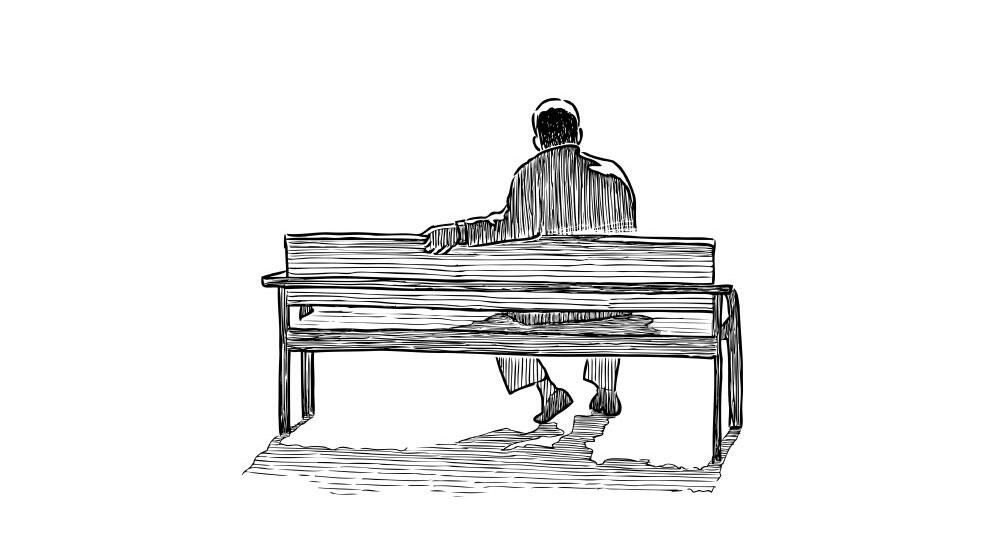Since the beginning of the Syrian conflict in 2011, almost 13,5 million Syrian have been forcibly displaced, more than 6,5 million of whom had to flee their home country in search of safety. Over 200,000 civilians lost their lives, and many were exposed to or still live under the risk of violence. One of the most common forms of violence in conflicts is sexual violence, which is a human rights violation and a public health issue. Sexual violence not only violates survivors’ bodily integrity and autonomy but also inflicts deep wounds both on their physical and mental health.
TURKEY - Amal came to Turkey from Syria with his family in 2014 to escape the violence. He is 31, married and currently lives with his family. The story of Amal is the untold and unheard story of many people around the world, who have been subjected to sexual violence during conflict.
Amal started experiencing violence when he served in the military in Syria. “When there was a shortage of materials, we wanted them to be supplied but they did not do this. Afterwards, the commander was resorting to violence because of this. These were all acts of physical violence such as beating and bastinade,” he says. Amal tried to escape when the continuous extension of his military service, the ongoing physical violence, and the increasing fear of death became too much to bear. He was captured and subjected to physical, psychological and sexual violence in the prison.
“About 6 months, maybe less, maybe more, because in prison we didn't have a concept of time. During this time, I experienced all kinds of violence. Abuse, beating, rape... They told us that if we don't do what they want, they would rape us. I thought they would not do that, but they did,” Amal says.
Although he finally managed to escape, the physical and sexual violence he was subjected to still affects Amal’s life today. “Even if a lifetime passes, I still won't be able to forget," he says.
Amal felt ashamed, and could not bring himself to tell his wife what he had experienced: “I attribute most of the sexual problems I have to the bad things I experienced in prison.”
Amal felt that he could not tell anyone about the things he experienced after he returned home, which prevented him from receiving support: “Only my mother knew about physical violence because when I first went home, my mother saw my scars and asked about them. I told her about the ill-treatment in prison, but without giving too much detail. I cannot tell her about the sexual violence.”
What changed this situation was Amal's crossing paths with UNFPA Turkey's Men and Boys Service Unit: “I got a lot of support from here. I started to have hope again after a long time.”
In the center, Amal was first provided with psychosocial support and referral services. These helped Amal leave what he had been through behind and freshen up his hopes for himself and the future. In this period, Amal rebuilt his confidence and started to communicate with his family and the people around him again.
Amal says his awareness has also increased: “I had never seen a male condom before. I have learned the importance of contraception. I used to try to deal with everything alone. Now I am asking for opinions and information. I think I will gradually get better.”
Men and Boys Service Units are run by UNFPA Turkey in cooperation with Positive Living Association and with the financial support of European Union Humanitarian Aid. They support refugee men and boys, like Amal, who have been subjected to and/or live at risk of sexual violence.
In the Men and Boys service units, gender-based violence-specific case management, psychosocial support, legal counselling and guidance on external services are provided, and awareness-raising activities are organized. The service units, designed as safe spaces, aim to reach more people like Amal through field activities.
Amal says, “There are many people like me. There are many people who are exposed to violence. Please be aware of this. Many people want to tell and pour out what is inside.” UNFPA Turkey listens to the words of Amal and continues to help thousands like him.


